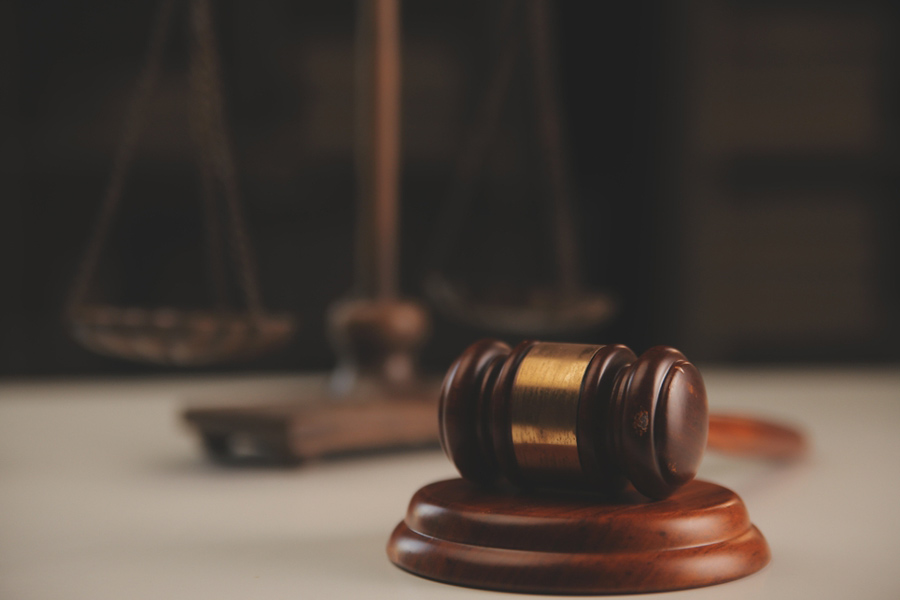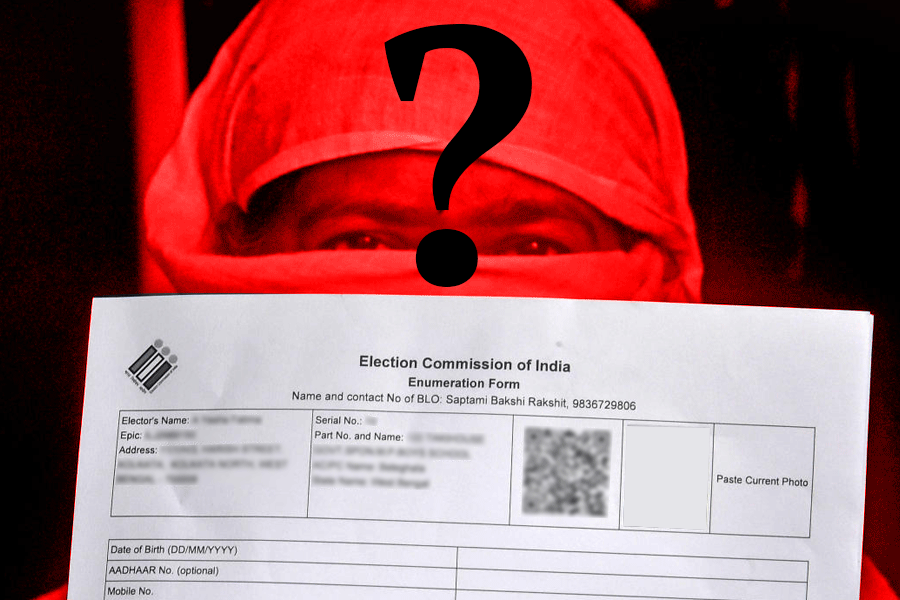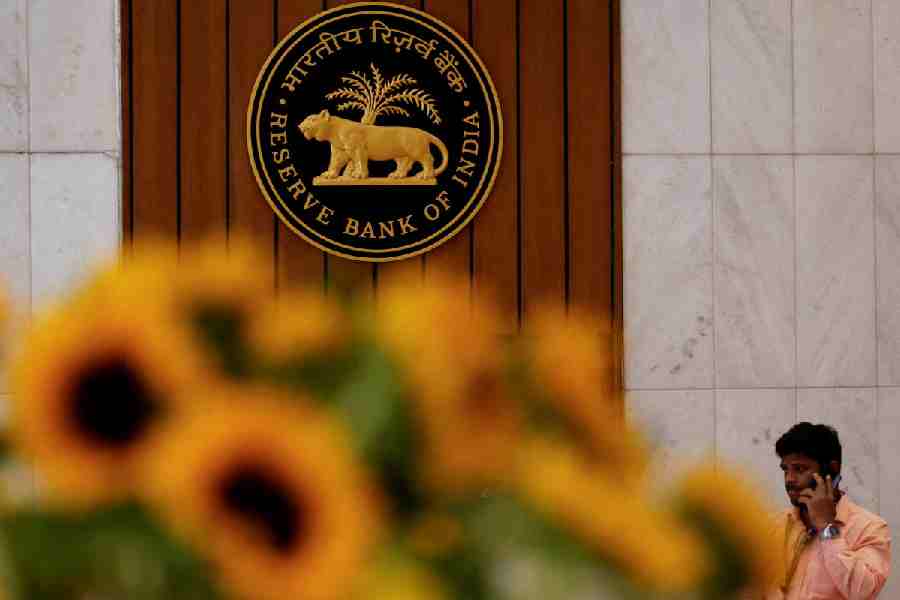The public good is one of the ideals of justice. The Latin phrase, pro bono publico, means exactly that. This larger context was recalled when the Supreme Court judge, Aravind Kumar, said to the young lawyers at the 15th convocation of the Gujarat National Law University that the profession was not merely about building careers but also about public trust. The judge said that pro bono — conducting a case with no payment — was the soul of advocacy. While lawyers must earn and grow, only chasing billed hours and designations was to lose this soul. He believed that lawyers should take on at least one pro bono case every year. They should visit legal aid clinics and help — perhaps a distressed woman or an underprivileged man. It is the impact on lives and not how much was charged for an appearance that was the real test of legal acumen. The judge’s remarks delineated the best practice for lawyers, in which not money, but a humane approach is most important. The need for money is not denied, but it must be balanced by the willingness to do pro bono and legal aid work.
This is a noble ideal and a route to equality, because pro bono and legal aid work serve those who cannot afford legal help. The need for it is obvious in the enormous percentage of undertrial prisoners who come from underprivileged backgrounds. Non-profit organisations that try to help women or people from disadvantaged communities often find their efforts frustrated because of the scarcity of lawyers who do pro bono work. But even for this work, a system needs to be in place: its first function would be to make lawyers accessible to the poor and underprivileged. More, the potential beneficiaries should be made aware of the availability of pro bono work. Access is a major problem in the justice system; people sometimes cannot even believe they can go to court. The lack of awareness may lead to the complainant becoming prey to fraud. The judge’s address may also have pointed indirectly to lawyers’ concern with payment. Public trust is an intangible good — the judge suggested that blessings were the highest kind of currency. The impact on otherwise helpless lives would be the truly humanitarian face of the justice system.










